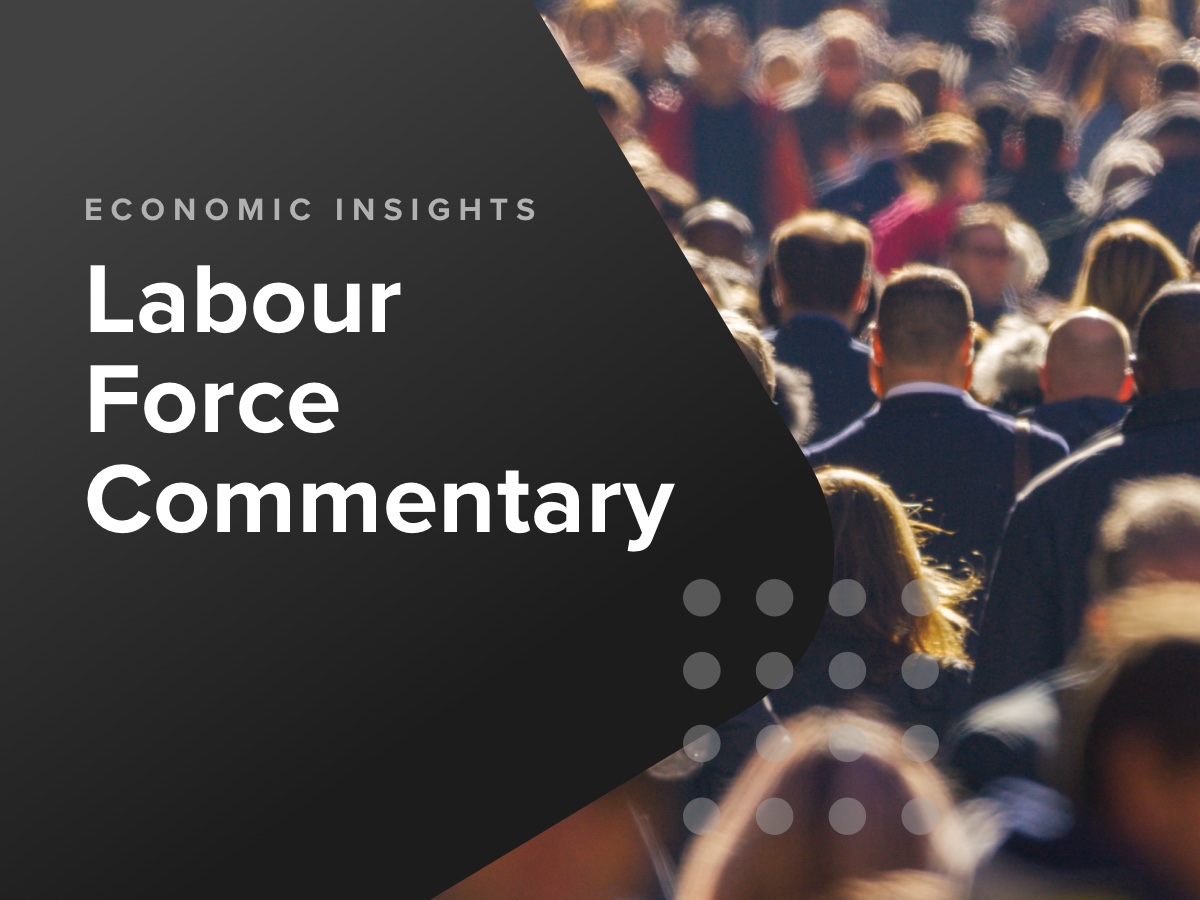Some positive measures for businesses, but rate cuts needed to drive consumer demand and properly kickstart recovery
For all the measures announced in Tuesday night’s Federal Budget, the average Australian is likely to focus on one – the $300 energy bill rebate for each household. In conjunction with a boost to Rent Assistance, these are the key pillars of the Government’s attempts to help with ‘cost of living’ pressures. The Treasurer is attempting to ‘thread the needle’ here – helping Australians with their bills while not making the shorter-term fight against inflation harder.
Of course, we won’t know if the Treasurer will be successful in this until early 2025, tellingly just before the Federal election which needs to be held by May. However, even if these measures do help to bring inflation down to within striking distance of the 2-3 per cent target band by the end of 2024, the Reserve Bank of Australia (RBA) is unlikely to view this as enough to start cutting the cash rate. The RBA will look through these short-term impacts, much like they do with volatile items like fuel and fruit and vegetables.
CreditorWatch’s latest B2B Trade Payment Defaults data is at record highs, and has been elevated for three straight months, after being on a slow rising trend over 2023. The budget includes $325 energy bill relief for businesses on smaller electricity plans, as well as extending the $20,000 instant asset write off scheme. These are small measures that will help businesses. But what businesses really need, especially the struggling food and beverage and construction sectors, is more confident consumers, as well home borrowers who can afford to engage builders to build houses.
Unfortunately, this is unlikely to occur until the RBA begins to reduce the cash rate. Energy relief payments in the pockets of consumers, even in conjunction with already locked in tax cuts from July 2024, are unlikely to convince shoppers to go out and spend again. Inflation is still too far out of the target band, and the last thing the RBA wants is for goods inflation to take off again.
The RBA will be watching services inflation closely, particularly in health and education, and the budget does little to ease pressures here. There are some savings in the NDIS, but these are offset by forecast additional spending in other areas. It will be a non-budget measure – reigning in population growth – that will have the biggest impact here. And the good news is, the forecasts for population are showing much lower growth over the next few years.
The Federal Government has a great deal of control here, and has already made it clear that it is reducing student visa numbers dramatically. For mine, this is where the inflation fight will be won or lost, and it appears that we are finally now on the right path.

Get started with CreditorWatch today
Take your credit management to the next level with a 14-day free trial.

